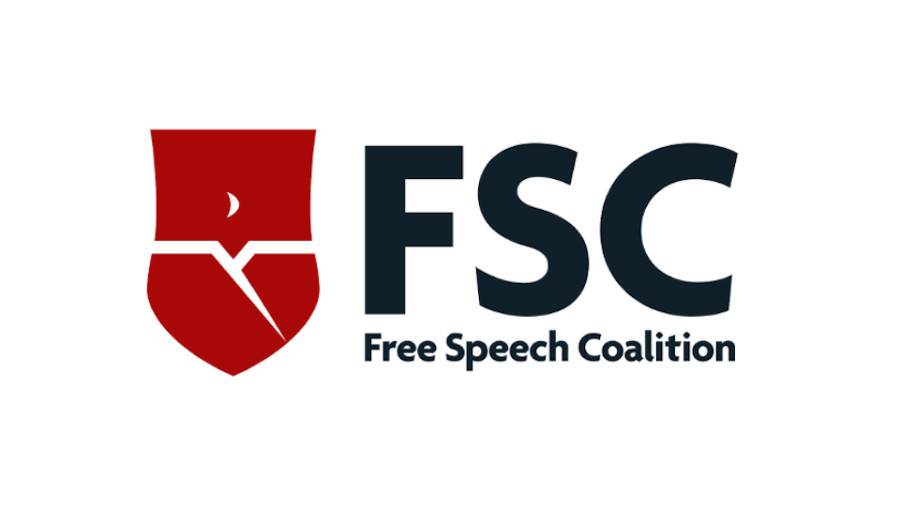LOS ANGELES — The Free Speech Coalition (FSC) has released a statement condemning the proposed Stop Internet Sexual Exploitation Act (SISEA).
Over the past two weeks, we’ve seen a stream of grossly misinformed attacks on the adult industry, first from religious groups, then opinion columnists and now, politicians. The latest, a bill from Senators Ben Sasse and Jeff Merkley, promises wide-ranging restrictions on the adult industry — a reaction to a column by the New York Times’ Nicholas Kristof, written in collaboration with Christian anti-porn group Exodus Cry.
In its simplest terms, the Stop Internet Sexual Exploitation Act would require any platform hosting pornographic content — loosely defined here as sexually explicit video or images — to verify the age and consent of anyone appearing in any video on the site. While the prevention of revenge porn and other illegal content is admirable, this poorly drafted bill is a dangerous affront to sexual speech, devastating to sex workers and redundant to existing legislation.
Producers of explicit content are already required to verify age and secure consent. Major civil and criminal penalties already exist for those who don’t. But the new legislation would overturn a central tenet of a free internet — and make platforms liable for the content individuals post on them.
Platforms, from tube sites to Twitter, would be required to verify the identity, age and consent for every single person represented in any image that might be interpreted as sexual, no matter how or when it was produced, or by whom. Each platform would have to maintain those records in an accessible database and cross-reference it with a government database.
The bill would likely result in the wholesale removal of most sexually explicit content online, creating massive new legal liabilities for users who share legally produced content and incentivizing platforms to ban sex-related content in general. A good breakdown of the specifics of the legislation can be found here.
Pornography has no legal definition, but the bill defines it as “sexually explicit content


